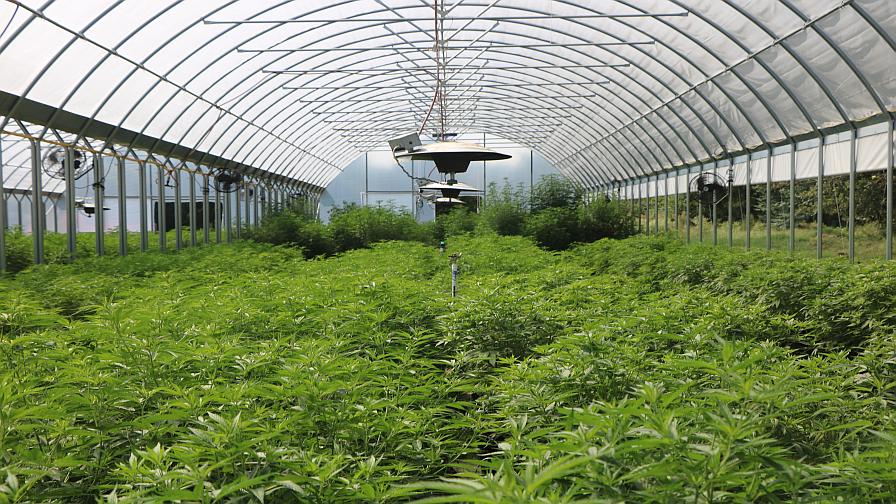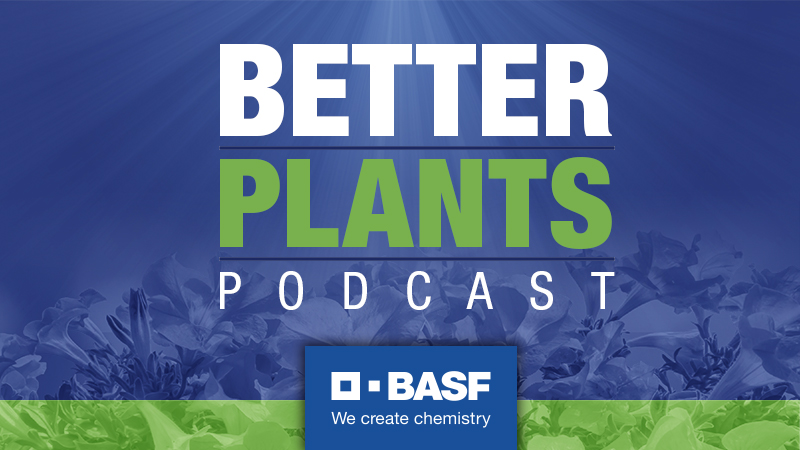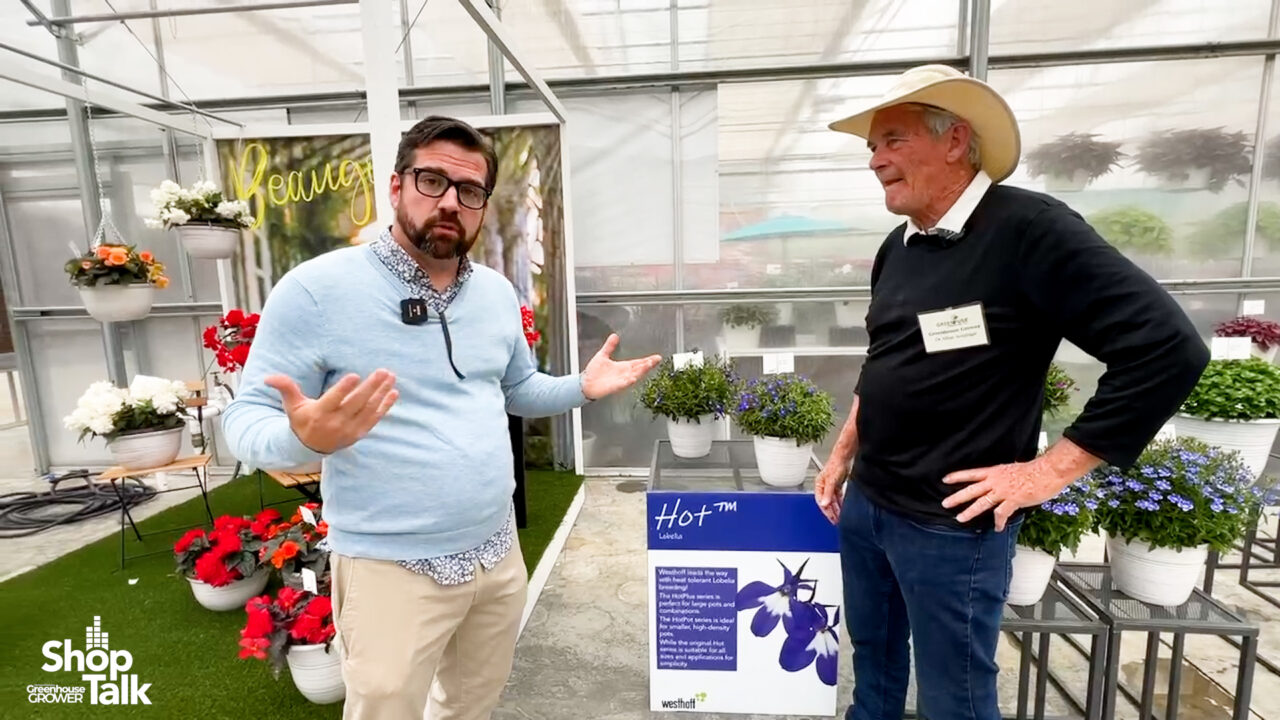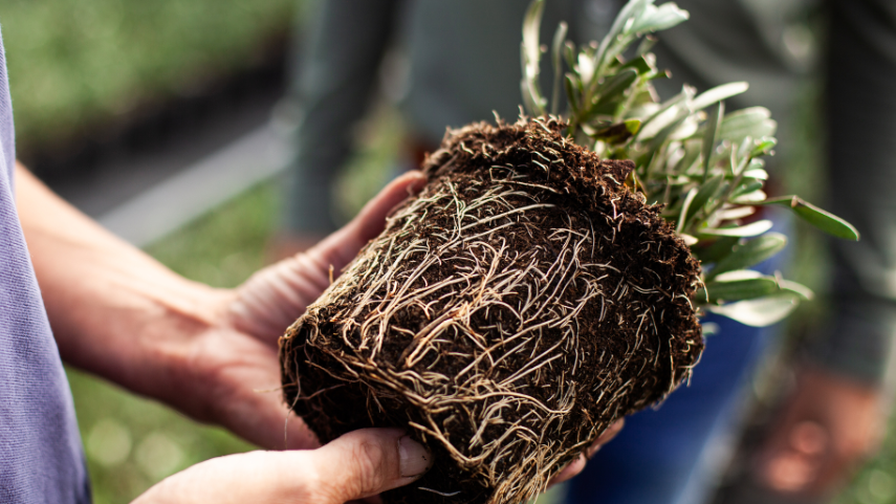U.S.-Based Team Takes Early Lead in Third Autonomous Greenhouse Challenge
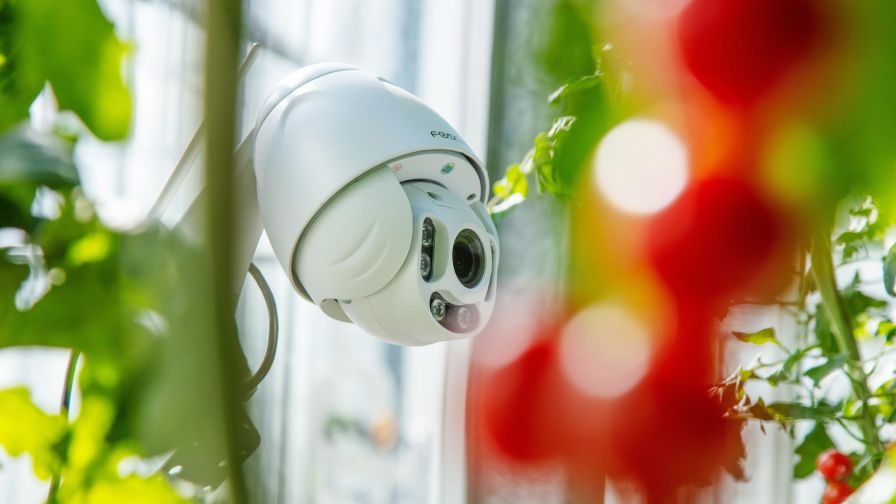 The third edition of the International Autonomous Greenhouse Challenge is underway, and the U.S-based team that calls itself “Koala” is off to a great start, winning the initial online challenge. A team from South Korea and China came second and third.
The third edition of the International Autonomous Greenhouse Challenge is underway, and the U.S-based team that calls itself “Koala” is off to a great start, winning the initial online challenge. A team from South Korea and China came second and third.
During the Online Challenge, 46 teams from 24 countries grew virtual lettuce with the help of artificial intelligence, and evaluated images of lettuce in different growth stages.
Team Koala now receives a wild card that grants them access to the next phase of the Autonomous Greenhouse Challenge, a greenhouse experiment that will start early 2022. Participating teams will then each have a Wageningen University & Research (WUR) greenhouse department at their disposal to grow lettuce fully autonomously in reality.
Connection Between AI and Food Production
Due to the ever-growing world population, the demand for fresh and healthy vegetables is increasing. Autonomous greenhouses can ensure that more people are fed with vitamin- and mineral-rich products. In addition, these techniques contribute to increasing food safety and a higher production volume of healthy vegetables, using fewer resources such as water and energy. Its potential has been successfully demonstrated in previous editions of the Autonomous Greenhouse Challenge.
In the Online Challenge, teams had to solve two tasks:
- In part A, the computer vision challenge, teams developed computer vision algorithms based on training images of lettuce plants. They then used the algorithms to detect growth parameters such as diameter, height, weight, and leaf area.
- In part B, the machine learning challenge, teams developed machine learning algorithms to control the climate in a virtual greenhouse. Algorithms had to automatically determine set points for ventilation, heating, lighting, etc. in order to grow a virtual lettuce crop and maximize the net profit.
Team Koala achieved a total of 85 out of 90 points, and were first in the machine learning challenge (with 45 points) and sixth in the computer vision challenge (with 40 points). The team built an algorithm that realized a virtual net profit of almost $12 per square meter and cultivation period in a simulator that produced virtual lettuce plants in a virtual greenhouse. In addition, their computer vision algorithm was able to recognize lettuce images with a high accuracy and estimated the correct growth parameters of lettuce plants.
The Team captain of team Koala is Kenneth Tran, who also led the winning team “Sonoma” in the first edition of the Autonomous Greenhouse Challenge in 2019. Team members also include Neil Mattson, Minh Duong, Hanh Bui, Tim Shelford, and Michael Eaton.
“It’s always challenging to win an international competition against amazing teams and companies around the world,” Tran told Greenhouse Grower. “Repeating that success is much harder. At the end of the day, our tech helps growers improve their profitability.”
True AI must be able to generalize and scale to multiple growing systems and multiple crops and can be resilient to unseen situations, Tran says.
“That’s why we decided to participate in the current challenge.”
More information about all teams and all results can be found at www.autonomousgreenhouses.com.




